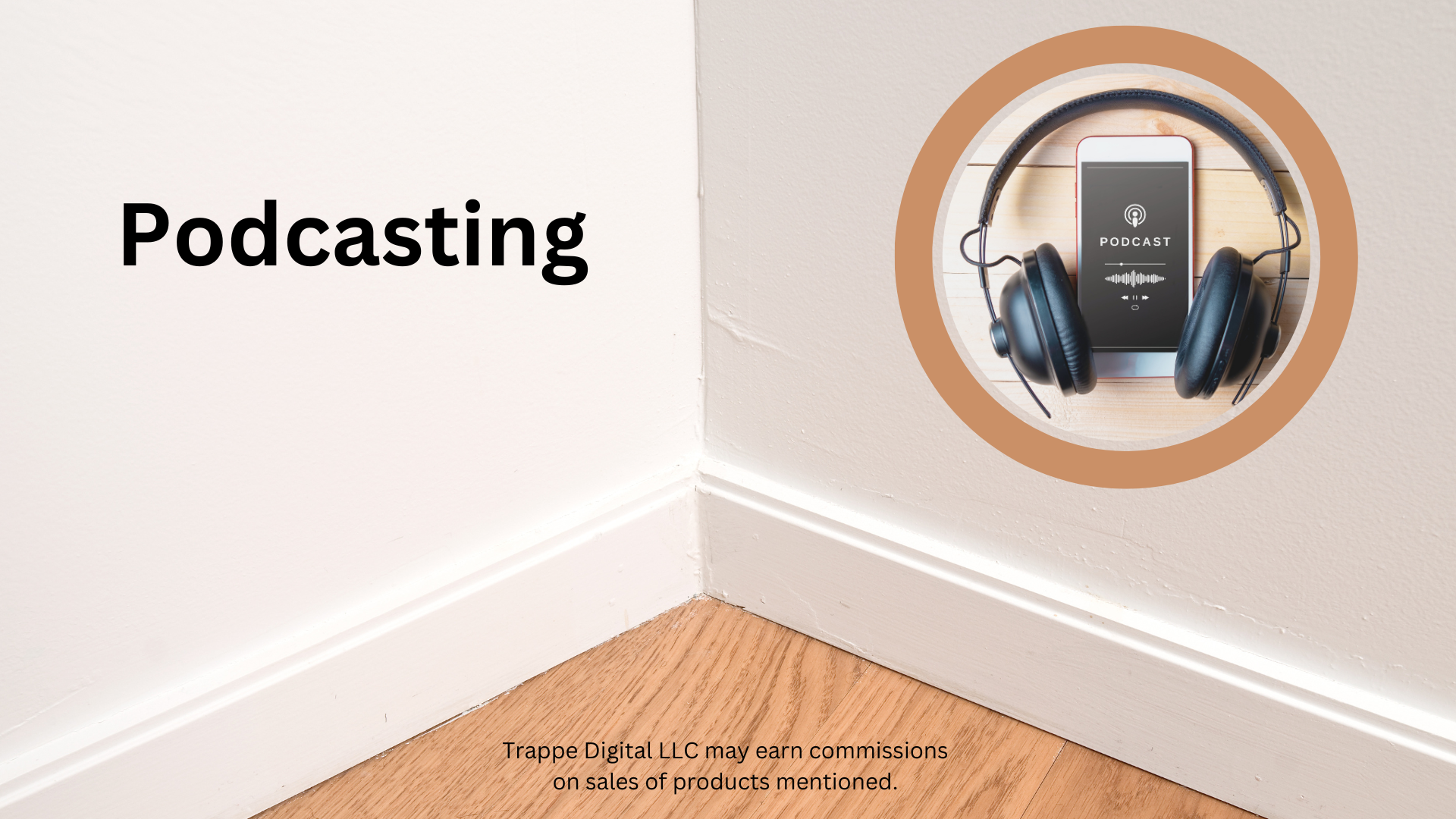Trappe Digital LLC may earn commissions from sponsored links and content. When you click and buy you also support us.
Podcasting has exploded in popularity with public shows covering every topic imaginable. There’s also been a growing interest in a different form of podcasting – private podcasting, which is produced by companies to securely communicate with employees and partners.
In this article, I explore what exactly private podcasting is, how you can create private shows, and the unique advantages this approach offers compared to alternative communication methods.
What is Private Podcasting?
Private podcasting refers to shows that are hosted behind login screens and are only accessible to certain groups, rather than being publicly listed in directories like Apple Podcasts.
Companies are increasingly using private shows as an efficient way to share information and engage employees across multiple locations. For example, a CEO could record regular updates to discuss quarterly earnings or new product launches, knowing the recordings will only be available to verified staff members.
Outside of internal communications, private podcasts are also valuable for things like:
- Client onboarding tutorials
- Ongoing training and certification programs
- Distributing sales resources to external sales teams
- Premium subscriber content for public shows
The hosting platforms used for private shows include user authentication to control access and advanced security settings for protecting sensitive information.
How to Create a Private Podcast
The actual recording process for private podcasting is no more difficult than making a standard show. The private options simply provide enhanced tools for restricting access.
From the production side, there are a few common setups:
Quick-and-Simple: Record directly on your phone, either one-to-one or with a call-in service. Then upload the audio file through the private platform’s web interface or mobile app. Great for fast, on-the-go recordings.
Intermediate: Use recording software like Restream or Riverside.fm to capture higher-fidelity remote interviews, ambient audio, and video feeds. Upload final files to the private hosting platform. Better audio quality with minimal equipment.
Pro Studio Production: Employ a professional studio team to handle editing and post-production. Useful if polish and consistency are important for your internal brand. Keep episodes private by having the studio post recordings using your company’s account.
Shop my studio
Access options include:
1. Open Access: Requires login but files can be downloaded. Best for loyalty subscriber content.
2. Download Restricted Access: Prevents file downloads while permitting streaming web access. Common for sales training content.
3. High-Security Streaming: Restricts all downloads and web streaming. Content only plays on mobile apps.
4. Ultra High Security: Disables downloads and mobile streaming too, only allowing real-time listening through web portal. For executives briefings with highly confidential data.
The right security level depends on your content and risk tolerance.’
Benefits of Private Podcasting
The biggest advantage of private podcasting is that it’s a different way to disseminate information. So, instead of sending a long memo, companies can share content in an audio format.
Some people learn and comprehend better that way. I know I love listening to content almost in the background while doing something else.
It also can build that relationship between the executive speaker and employees. That, of course, assumes that person’s personality shines through and helps build that persona internally.
Companies That Offer Private Podcasting
You could even create your own internal set-up. Record the episode, and then upload it to your intranet. But there are also companies that specialize in private podcasting.
Options include:
Conclusion
If your workplace needs to improve internal communications or better engage partners externally, private podcasting warrants consideration. The personalized, conversational audio format has unique benefits over basic documents and intranet resources.
There are always risks with sharing sensitive information digitally. But modern authentication protocols and audio streaming protections have made private podcasting far more practical and secure.



